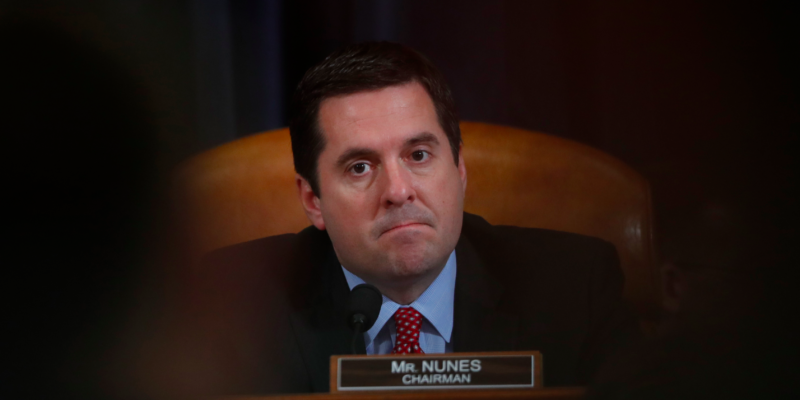- Russia's invasion of Ukraine is speeding up a shift into private markets, according to Mohamed El-Erian.
- The threat of financial tightening, inflation fears, and geopolitical tensions risk uncertainty, he wrote in a Bloomberg op-ed.
- Increasing demand for private markets will have to be met with better investment offerings, the economist said.
Mohamed El-Erian believes geopolitical uncertainty arising from Russia's invasion of Ukraine is accelerating an investor shift from public markets into private markets.
In a Bloomberg op-ed published Thursday, the top economist wrote about how this transition was already building up before the war due to other challenges.
"Private markets offer the potential for flexibility that is needed in this more uncertain world," he wrote.
Before the crisis, the Fed's massive injections of liquidity were coming to an end, the prospect of stagflation loomed large, US-China tensions continued to threaten globalization, El-Erian noted. At the same time, companies were being pushed to meet social and environmental responsibilities, he added.
The risks arising from the Ukraine war adds to the range of outcomes depending on the path taken, the Allianz advisor said.
This all points to a simple conclusion for the investment-management industry — a switch from public markets to areas like private equity, venture capital, and real assets, El-Erian wrote.
He noted that stocks still remain the asset of choice, despite the worsening outlook for the economy and corporates. But he said the essence of "risk-free" assets, like US Treasury bonds, has crumbled.
The economist warned this week that the bond market is reflecting signs a recession may be near.
Factors including a wider range of investment techniques and more appropriate pricing of liquidity encourage staying in the private market trade during unsettling volatility.
Hedge fund managers had already begun turning toward private markets last year, investing billions of dollars into top start-ups — either to raise capital for private funds or to bolster their private positions.
However, a majority of institutional investors were found to be more interested in specialized private equity or venture capital managers, rather than hedge funds. The decision to invest in private companies or funds is becoming one of how, not why, and gaining access to the best managers and the best structure are key factors.
Even Swiss bank UBS has pointed out that private equity provides capital to tech cycles at various stages of their life cycle. It recommended investors consider allocating to technology like fintech services and cybersecurity via private equity holdings.
Increasing demand for access to private markets will need to be met with better choices, according to El-Erian.
"Investment-management firms will need to bring to the table a greater degree of cognitive diversity, more of a multidisciplinary mindset, a more global footing (including in more developing countries), and good local presence and solid execution capabilities," he said.
As the world shifts away from the safety net that public markets have provided so far, investors will need to consider larger allocations to private markets in order to boost returns and limit risk, he added.
"And the industry will have to adapt in both offerings and management," he concluded.










